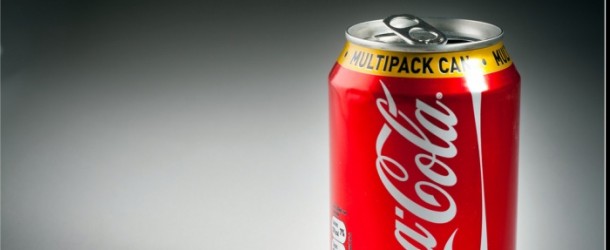As a subscriber of Dr. Joel Fuhrman’s Diseaseproof newsletter I recently received this article detailing the detrimental effects of soda on the body and felt compelled to share it…
Diet soda depletes calcium and may increase heart attack risk
The average American drinks 216 liters of soda each year.1 Soda drinking has previously been associated with lower bone mineral density in women and children,2,3 and one study in particular has focused specifically on the effects of diet soda on bone health. The authors commented that this research was sparked by the observation that diet soda drinking behaviors are often different than regular soda drinking behaviors – women often use diet sodas in an effort to avoid weight gain – either to stave off hunger between meals or as a replacement for calorie-containing beverages. Many women drink over 20 diet sodas per week.4
These researchers discovered that parathyroid hormone (PTH) concentrations rise strongly following diet soda consumption. PTH functions to increase blood calcium concentrations by stimulating bone breakdown, and as a result release calcium from bone.
In the study, women aged 18-40 were given 24 ounces of either diet cola or water on two consecutive days, and urinary calcium content was measured for three hours.
Women who drank diet cola excreted more calcium in their urine compared to women who drank water.
The authors concluded that this calcium loss may underlie the observed connection between soda drinking and low bone mineral density.5
Although caffeine is known to increase calcium excretion and promote bone loss,6 caffeine is likely not the only bone-harming ingredient in sodas. A 2006 study in the American Journal of Clinical Nutrition found consistent associations between low bone mineral density and caffeinated and non-caffeinated cola (both regular and diet), but not other carbonated beverages.7 One major difference between the two is the phosphoric acid in colas, absent from most other carbonated beverages.
In the Western diet, phosphorus is commonly consumed in excess – at about 3 times the recommended levels, whereas dietary calcium often low. Although phosphorus is an important component of bone mineral, a high dietary ratio of phosphorus to calcium can increase parathyroid hormone secretion, which is known to increase bone breakdown. Studies in which women were given increasing quantities of dietary phosphorus found increases in markers of bone breakdown and decreases in markers of bone formation.8,9 Therefore it is likely that the phosphorus content of colas triggers calcium loss.
There is nothing healthy about diet soda. It is simply water with artificial sweeteners and other chemical additives, such as phosphoric acid.
The safety of artificial sweeteners is questionable, and they provoke the release of insulin and other hormones that regulate blood glucose; their intense sweetness confuses the body, which naturally associates sweet taste with calories – over time, these mixed signals can lead to increased appetite and weight gain.10
Diet sodas don’t just weaken our bones, they are linked to kidney dysfunction and promote obesity.
Furthermore, in a recent study, older adults who drank diet soda daily had a 43% increased risk of heart attack or stroke compared to those that never drank diet soda.11
Click HERE to read the original Diseaseproof article.
Image courtesy of Chris J. Bowley via Flickr.
